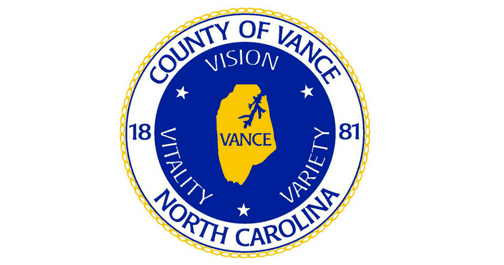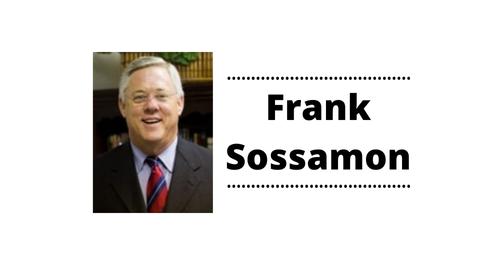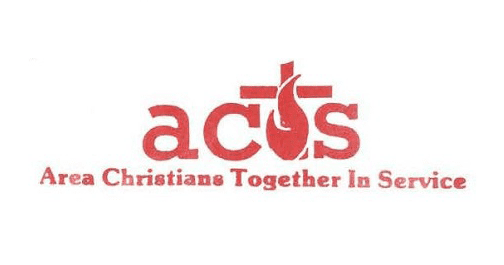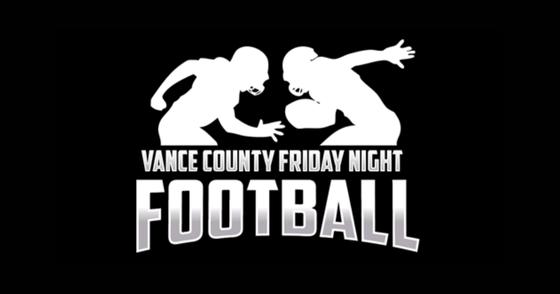For some people, just hearing or reading the term “mitochondrial DNA” conjures up fond (or not-so-fond ) memories of high school biology class; for genealogy enthusiasts, however, mitochondrial DNA and other genetic tools can provide crucial information to help fill in a family tree.
Take the family tree of Shannon Christmas, for example. Christmas used genetic testing to find a common ancestor that goes back to his seven-times great grandparents. And he ought to know – Christmas is a nationally known genetic genealogy influencer. He appeared on Town Talk Thursday with host Bill Harris and guest host Mark Pace, genealogy specialist in the North Carolina Room at Richard Thornton Library in Oxford.
Christmas, who phoned in from Maryland, has local ties to Warren County. He discussed Thursday different types of genetic testing and the importance of understanding what each can provide when researching family history.
Christmas specializes in genetic, colonial American, and African-American genealogy in Virginia and the Carolinas, according to information on the Afro-American Historical and Genealogical Society website. He uses autosomal DNA to verify and extend pedigrees, assess the veracity of oral history, and reconstruct ancestral genomes. His Through The Trees blog is for genealogy enthusiasts interested in learning about new technologies to aid in research genealogy.
Before purchasing a DNA test, Christmas said, people should know a little bit about the different types of DNA. “Think about what it is they want to learn because that will determine which test is appropriate…think about what questions you want to answer and then match your question to the right DNA test,” he said. For example, only women pass mitochondrial DNA on to their children; both men and women have x-DNA, he continued, but it has a “unique inheritance pattern. Women pass down x-DNA to all of their children…men only pass x-DNA down to their daughters.”
Continued below. For audio click play…
Something called autosomal DNA, however, reflects all of one’s ancestry. “That is the type of DNA that we tend to find to be most powerful for many of our genealogical questions because it covers so much information,” Christmas said. Children get one set of autosomal DNA from their mother and one set from their father, he explained. Typically covering the previous five generations, autosomal DNA can be used to trace back further. It was what he used to tie back to his seven-times great-grandparents.
Documents such as wills, deeds, Bibles and other historical records are very useful in tracking down ancestors, Pace and Christmas agree, but genetic information adds another dimension that can confirm or disprove what may be written in a family Bible or otherwise recorded on paper.
Another question to ask yourself before submitting a DNA test is “Do you want to know the whole truth?” he said. “DNA tests can reveal family secrets and secret families,” which can create a whole new line of inquiry and, Christmas noted, “not everyone reacts the same way to the truth.”
Christmas agreed that the genetic testing offered through genealogy websites and other companies are pretty consistent and reliable with providing information about which continent you’re from, but less so when drilling down to region or country within a continent. “One has to take that particular part of the test with a grain of salt,” he said. Genetic testing is “extremely accurate at predicting relationships, and matching individuals as relatives. And that is the part of the test which is most useful in genealogy,” he said.
Choose a genealogical DNA test to build out a family tree, he advised. “Go straight for the full mitochondrial sequence,” he said, which will show your mother’s mother’s mother’s side. Because it mutates very slowly, the mitochondrial DNA can find a perfect match, but a common ancestor may be beyond the typical five-generation scope. An autosomal DNA test will match you up with relatives to confirm things you already know.
Something that genetic testing cannot discern, however is cultural identity. There are individuals who have documents which connect them to native Americans, for example, Christmas said. Although the cultural connection exists, that doesn’t mean that genetic testing can prove a connection. “Genetics is one thing, but cultural traditions and kinship go beyond the scope of genetics.”
The North Carolina and genealogy room at Thornton Library is open weekdays from 10 a.m. to noon and 2 p.m. to 4 p.m. Call the library at 919.693.1121 to make an appointment to visit. Contact Pace at mark.pace@granvillecounty.org.
















